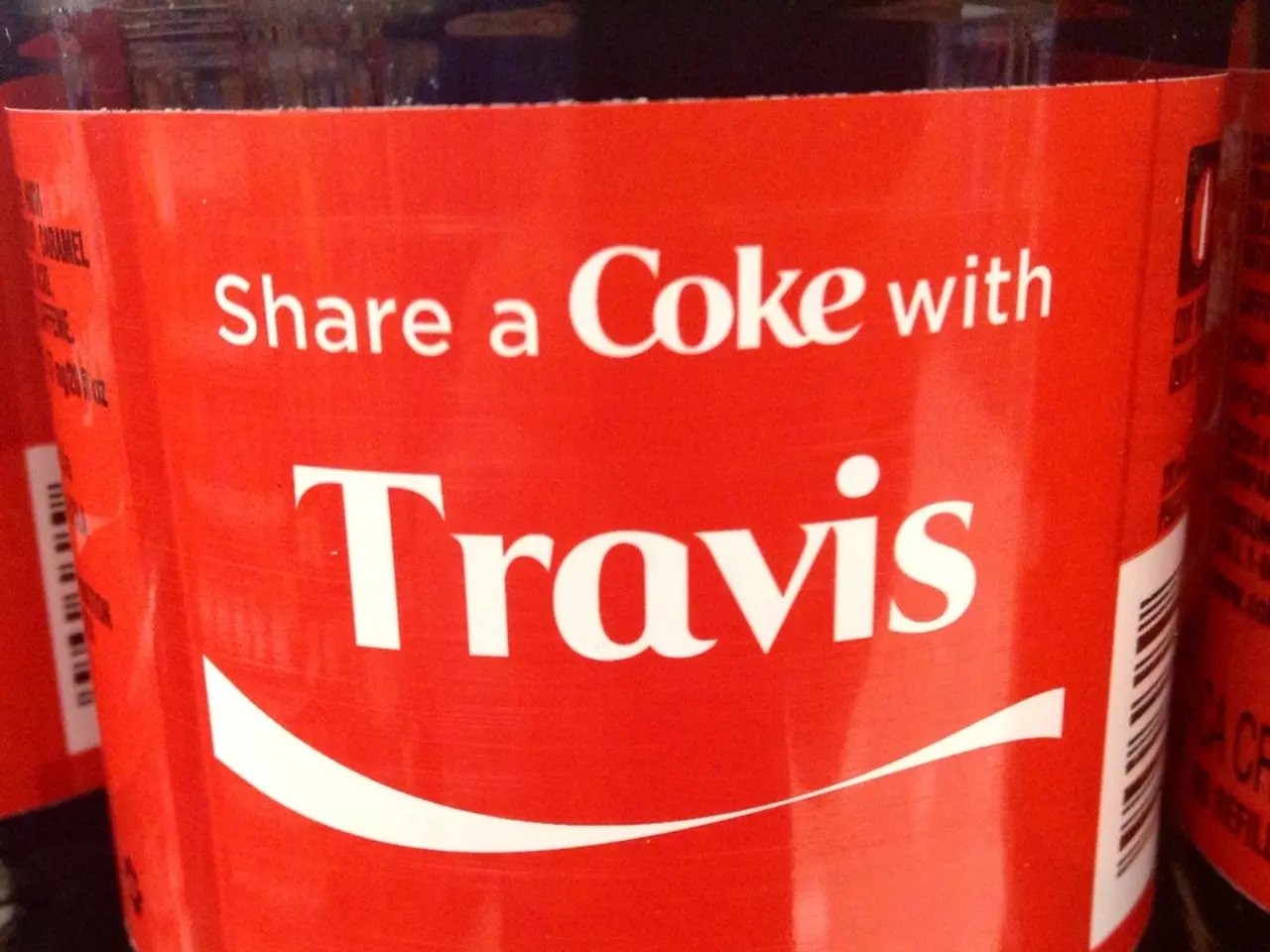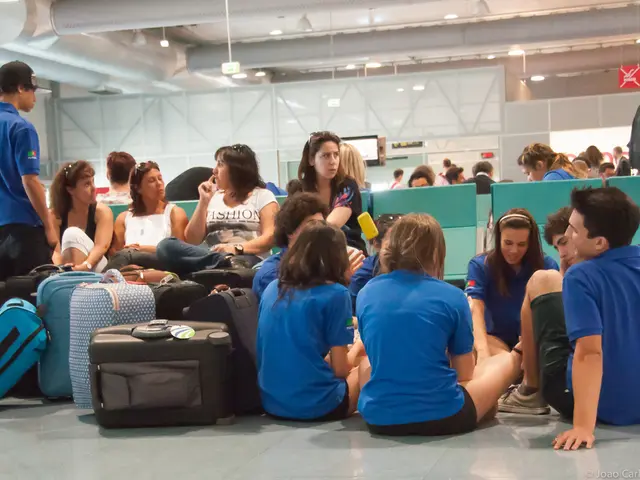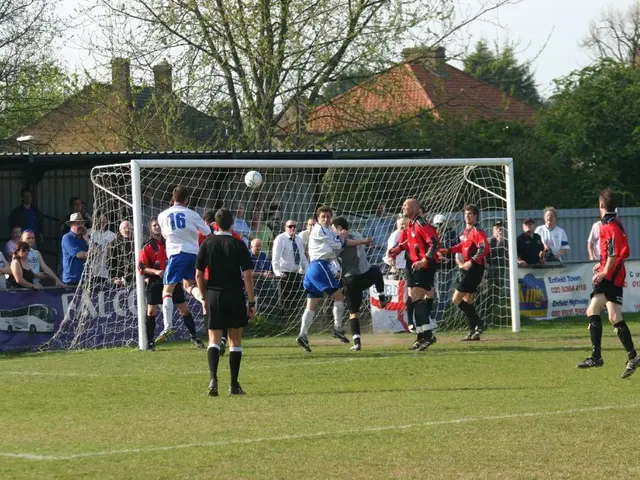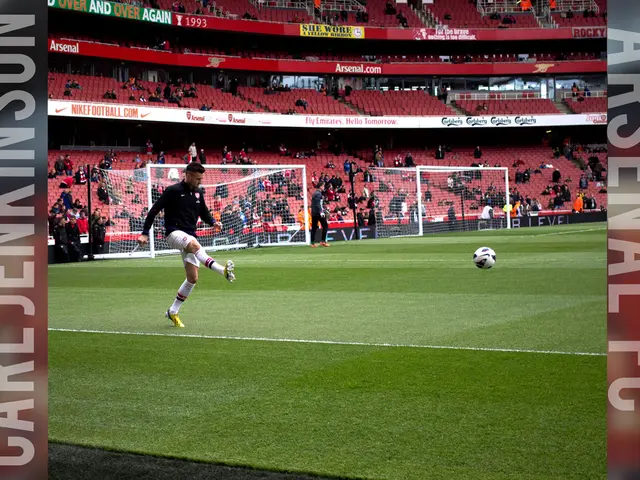Colombia stands firm on its commitment to combat drug trafficking, declaring its readiness to do so regardless of American involvement.
In the heart of South America, Colombia, the world's leading cocaine producer, finds itself at the centre of a stormy relationship with its northern neighbour, the United States, its top consumer of the illicit drug.
The upcoming 2026 Colombian presidential election is set to see a change in leadership, with Rodolfo Hernández Suárez, a prominent right-wing figure and the runner-up against current President Gustavo Petro in the 2022 election, emerging as the favourite to take over.
The strained relationship between Colombia and the United States reached a boiling point when former President Donald Trump declared that Colombia's leftist government was no longer assisting in the drug war and had failed to curb the flow of cocaine to the United States. This accusation sparked a bitter exchange between Trump and Petro on social media, with threats of sanctions and barbs about immigration policies.
Despite being placed on the blacklist, Colombia remains committed to the fight against drug trafficking. The Colombian defense forces commander, Francisco Cubides, reaffirmed this commitment, stating, "The only one who wins if we don't work together is crime."
Cubides also emphasised the close relationship between Colombia and the United States, particularly in the military, and highlighted Colombia's contributions to the security partnership. He expressed optimism that Colombia would continue to move forward in the fight against drug trafficking, whether alone or with the support of other countries.
However, the personal and political animosity between Trump and Petro has clouded this previously close security partnership. Republicans in Washington wanted to send a message that Petro is not doing enough, while avoiding lasting damage to ties with Colombia's security services. Trump, in a bid to avoid mandatory cuts in military spending and other sanctions, signed a waiver.
The Colombian cocaine trade, ultra-lucrative and dangerous, has flourished under Petro's administration. The President, who has sought to negotiate with armed groups and avoid confrontation, has been criticised by US officials for not doing enough to combat the drug trade.
As Petro prepares to leave office after next year's elections, polls suggest that right-leaning candidates are in a strong position to replace him. The election could mark a turning point in the relationship between Colombia and the United States, potentially leading to a renewed focus on tackling the drug trade.
In the meantime, both nations' defense forces continue to work together, with Cubides assuring that their collaboration would not be disrupted by the political crisis. The Colombian-US security partnership, a significant factor in many areas, particularly in the military, remains a crucial aspect of both countries' strategies in the fight against drug trafficking.
Read also:
- United States tariffs pose a threat to India, necessitating the recruitment of adept negotiators or strategists, similar to those who had influenced Trump's decisions.
- Weekly happenings in the German Federal Parliament (Bundestag)
- Southwest region's most popular posts, accompanied by an inquiry:
- Discussion between Putin and Trump in Alaska could potentially overshadow Ukraine's concerns








